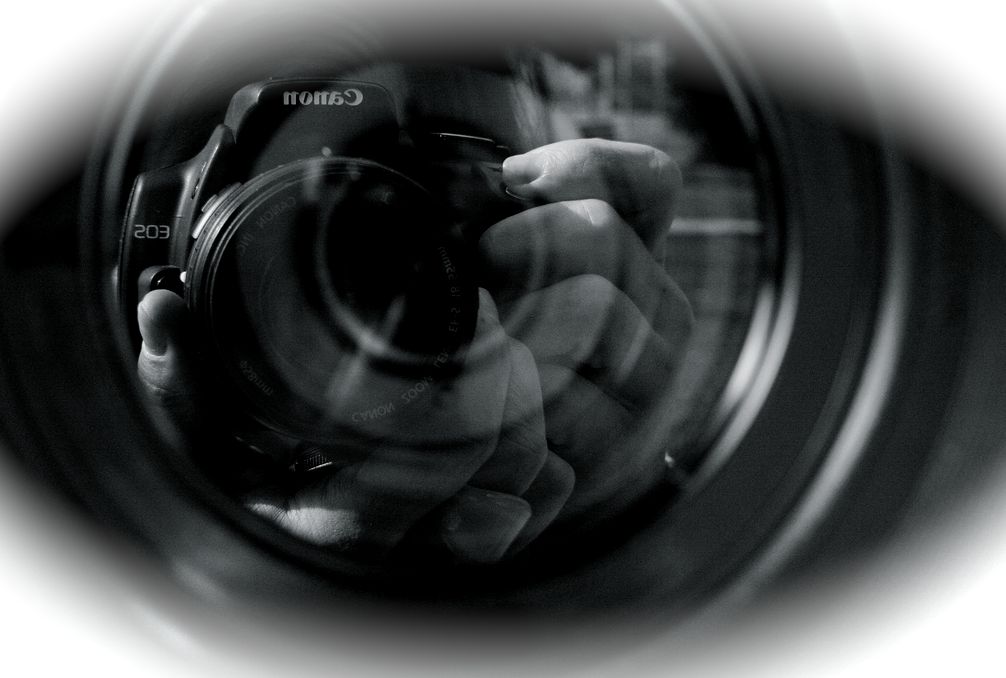The BBC reports that politicians and campaigners have asked for an immediate ban of AI facial recognition technology following plans that the government would allow the police to access passport photos.
Facial recognition technology scans people’s faces and compares them with a ‘watch list’ of people who may be wanted. The policing minister has called for the police to have access to a wider range of databases because their current ones only give them information on people who have been arrested in the past.
MPs from the Conservative, Labour, and Liberal Democrat parties joined campaign bodies such as Amnesty and Big Brother Watch in calling for a ban on this technology due to “a lack of democratic mandate” and concerns about discrimination and human rights.
The UK’s surveillance camera commissioner said that this could make passport holders and other members of the public feel that they are in a “digital line-up”.
However, the police do ensure that the public are informed in advance when they are stepping into a monitored area and the system will only be alerted when it detects a person on the watch list. It can also be used to search for missing or vulnerable people and free up officers’ time according to the Home Office.
As reported by the Justice Gap, facial recognition has been used in public spaces and events since 2020. The use of such technology had been held as unlawful in a major Court of Appeal case against South Wales Police in 2020. However, since then, changes by police forces in the use of facial recognition has seen the return of the technology to large-scale events such as the King’s coronation and concerts by Beyonce and Harry Styles.
The Home Office maintains that the use of facial recognition is based on “a sound legal basis that has been confirmed by the courts” and has enabled the capture of a “large number of serious criminals” including for murder and sexual offences.
However, the Justice Gap reported that an audit into the use of facial recognition showed a failure in meeting “minimum ethical and legal standards”.
BBC News report that the technology has also been rolled out in shops like Sports Direct, Flannels and House of Fraser. The owners of these shops have supported it by saying that “since installing this technology, we have seen a significant reduction in the number of criminal offences taking place in our stores”.
Silkie Carlo, the director of the privacy organisation Big Brother Watch, said “This dangerously authoritarian technology has the potential to turn populations into walking ID cards in a constant police line-up”.






